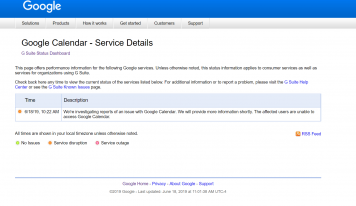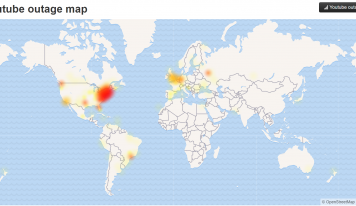There has been so much talk about how easy it is to steal market-share away from Google and we used to see survey after survey saying the majority of users would switch search engines if they found something better.
I suppose the question worth asking is why is it so difficult to make a search engine better than Google. Is it the interface? The results? Perhaps it is a combination of both.
There are thousands of ultra-smart people at Microsoft and Yahoo for that matter. Why can’t these companies slow Google down?
If the answer is because Google has the momentum, then will it be a matter of time before Google makes a mistake and gives the others an opportunity to catch up? Certainly this is a strange position for Microsoft and Yahoo to be in.
While we’re at it, let’s throw eBay into the mix as there seems to be a secret pact being made by Google’s top competitors of the present and future.
You see Google keeps expanding its products from things like Google Base allowing it to become a competitor to the newspaper classified section to an upcoming service allowing it to take payments perhaps exactly like PayPal.
The basic problem Google competitors face is that Google is becoming the middleman of the web. How do you compete with that?
Perhaps the only way to compete is to become a better middleman. Yahoo is in the best position to be this as they have a super-strong portal offering. MSN isn’t far behind.
But although Google is a loosely distributed portal they act more like a company trying to get in the middle of everything web surfers do. They do this one service/piece of software at a time. This is a killer strategy as they are becoming an essential part of web transactions whether they are financial or informational.
Admittedly the portal strategy seems like it should be an even better way to provide service as you can keep adding services and existing portal users will start to naturally explore them.
So if the portal idea is logical then banding together portals should make even more sense. Of course it isn’t clear if eBay, Microsoft and Yahoo will do this but it seems like a smart strategy allowing all three players to fight what seems to be an ever-growing threat to virtually all Internet business models.
But I see banding together a short-term fix. Furthermore, the portal strategy while a great way to hold onto market share doesn’t seem to be a great way to get more people to use your search engine.
Obviously superior search is the hallmark of what Google does and is its edge. The competition is going to have to build a better search engine than Google if they want to compete long-term. But even though massive investments are made continually in rival search technology, no one is able to catch up.
In the long-run the middleman of the Internet is going to own it. The question is will forming deeper partnerships with your potential competitors help you become a universal middleman? It is possible this could happen but if this partnership strategy doesn’t work out, Microsoft better hope that Steven Berkowitz will be the I’m Feeling Lucky result in their search for search engine dominance.





